If traditional banks decline you, private mortgage lenders can provide quick access to funds. This article will guide you through Canada’s top private lenders for 2025 to help you make informed decisions when navigating private mortgage options in Canada.
What is a private mortgage lender?
Private mortgage lenders in Canada are private corporations, individuals, syndicates, or mortgage investment corporations (MICs) that offer home financing loans outside of traditional banks and credit unions. As they use their own capital instead of customer deposits, private lenders are not federally or provincially regulated and can set their own lending criteria and terms.
Private mortgages in Canada typically have short terms ranging from 3 months up to 2 years. Many features offer interest-only payments, where borrowers only pay the interest charges monthly without paying down principal. Interest accrues through simple calculation based on the mortgage amount and the stated annual rate.
Due to short terms, private mortgages require an exit strategy to pay off the full principal at renewal or refinance with another lender. Approval happens faster than banks, sometimes within days, as the criteria focus more on equity and ability to repay over credit scores or income verification.
Top private mortgage lenders in Canada 2025
Below are our top 10 private mortgage lenders in Canada, each offering unique advantages for different borrower profiles and situations.
Alpine Credit
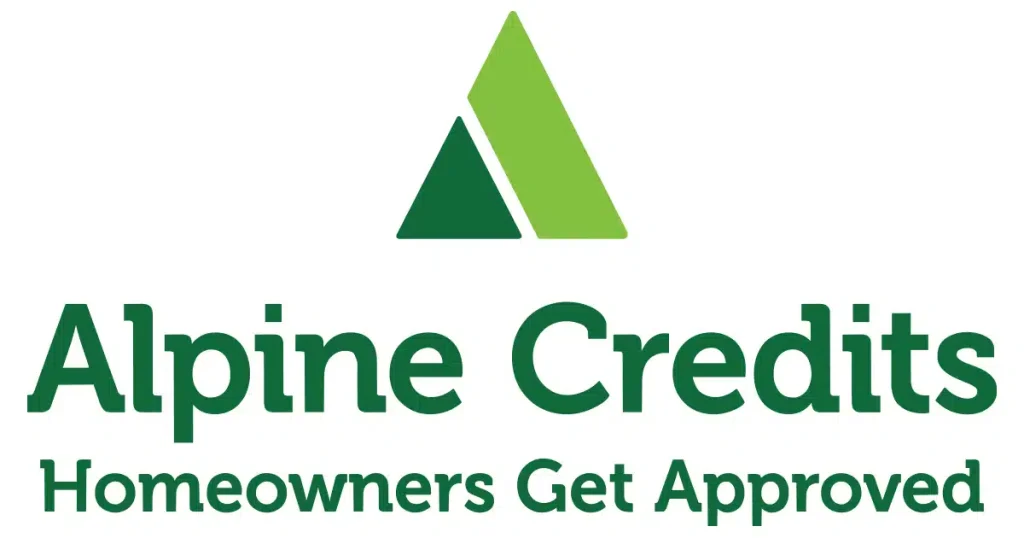
- Areas Served: BC, AB, ON
- Maximum LTV: 75%
- Fees: 1% of the loan amount
Alpine Credits provides private mortgage lending in British Columbia, Alberta, and Ontario for borrowers with bruised credit or unconventional income sources. Home equity loans and second mortgages are offered regardless of the borrower’s credit score, age, or income verification, with interest rates starting at 5.75%.
| Pros | Cons |
|---|---|
| Approves based on available home equity without minimum credit score requirements Over 50 years of lending experience | Above average interest rates compared to other private lenders Limited to only three provinces |
Read full review at: Alpine Credits Rates
THINK Financial
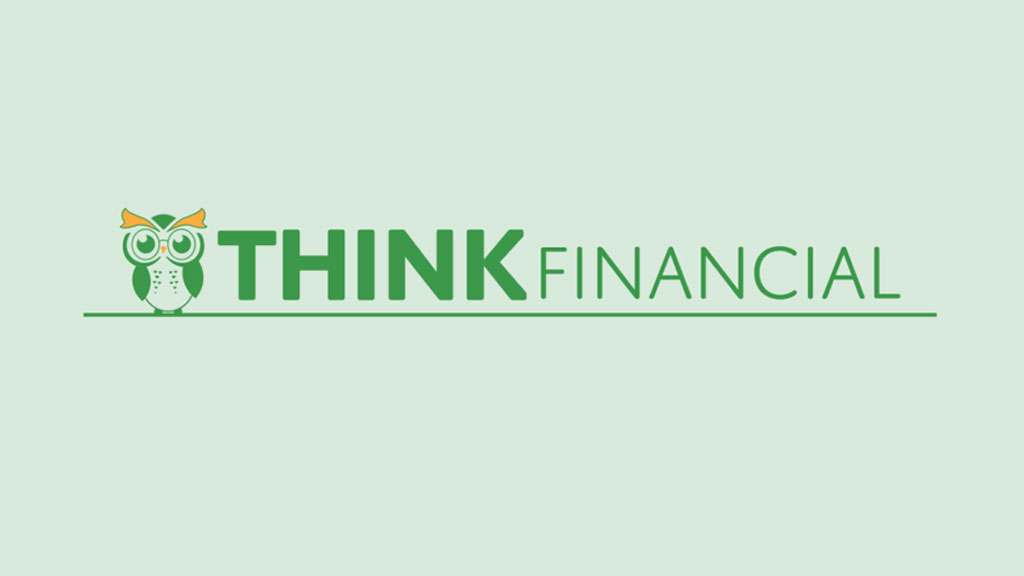
- Areas Served: All provinces
- Maximum LTV: 80%
- Fees: 1% of the loan amount
- Terms: Up to 2 years
THINK Financial is a longstanding mortgage investment corporation with over $1 billion in mortgages under administration. THINK Financial provides flexible lending criteria for those unable to qualify at banks. Their knowledgeable team of experts makes securing a private mortgage smooth and efficient.
| Pros | Cons |
|---|---|
| Competitive interest rate Established reputation Ability to refinance existing mortgages | Standard private lending qualification criteria apply Mortgage insurance may be required |
Clover Mortgage
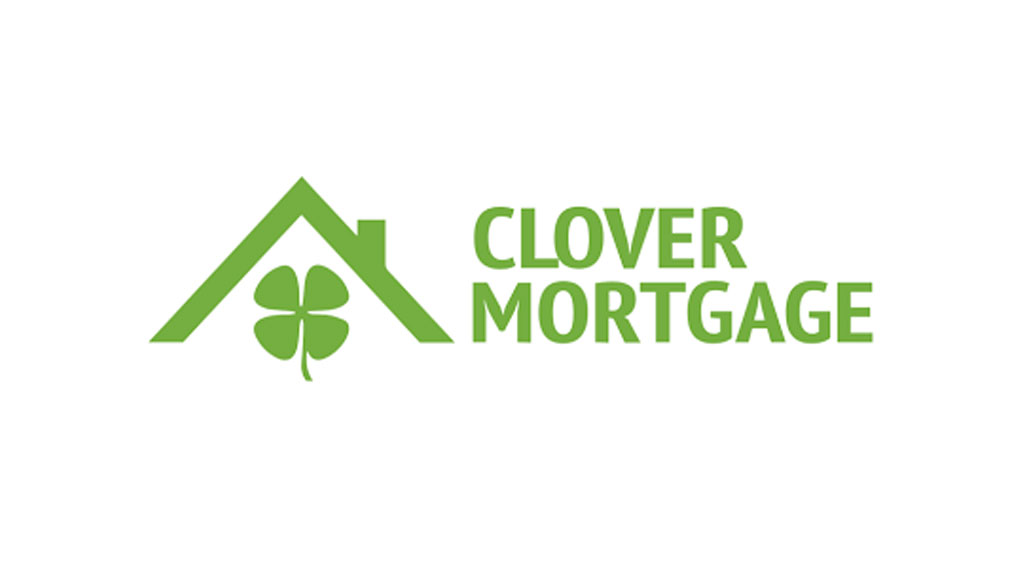
- Areas Served: National
- Maximum LTV: 80%
- Fees: 1-3% of the loan amount
Aided by strong technology, Clover Mortgage supplies tailored private lending products to meet individual requirements nationwide. They currently offer 1-year mortgage terms with 2-year tenure options available, and also provide second mortgages for maximizing leverage.
| Pros | Cons |
|---|---|
| Leverages relationships with leading private lenders to offer competitive rates | Limited primarily to Ontario-based borrowers Higher interest rates than traditional banks |
Clover Mortgage simplifies private borrowing with competitive rates and seamless online applications.
Haventree Bank
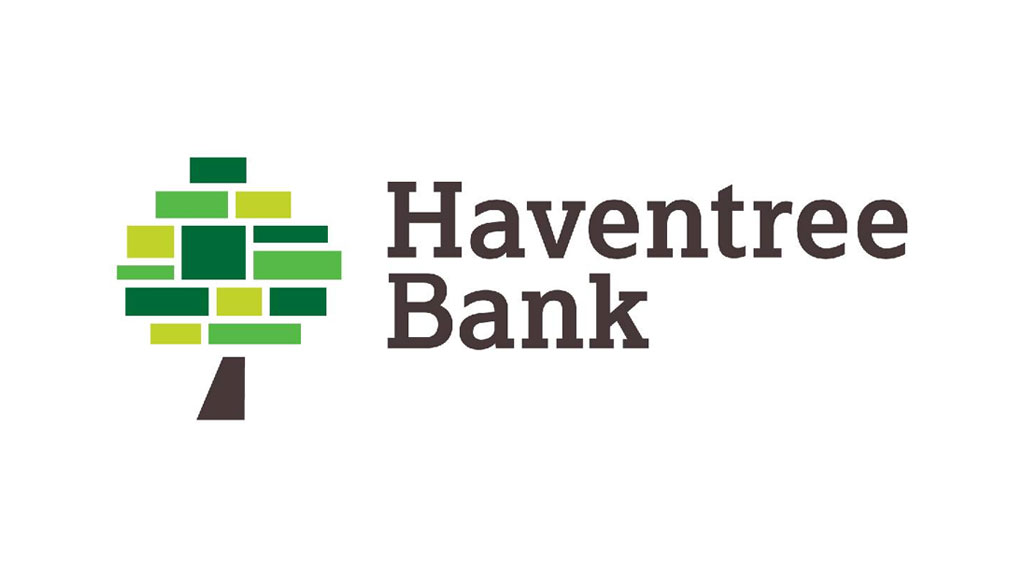
- Areas Served: National
- Maximum LTV: 75%
- Fees: None
Haventree Bank works nationally through brokers and partners, bringing institutional expertise to alternative mortgage sourcing. Haventree Bank expands financial access through disciplined underwriting, fueling the reliable growth of its private investment lending portfolio.
| Pros | Cons |
|---|---|
| Unique stability and security of a Canadian bank Offering private lending flexibility Regulated lending practices | More stringent qualification process than individual private lenders |
HomeEquity Bank
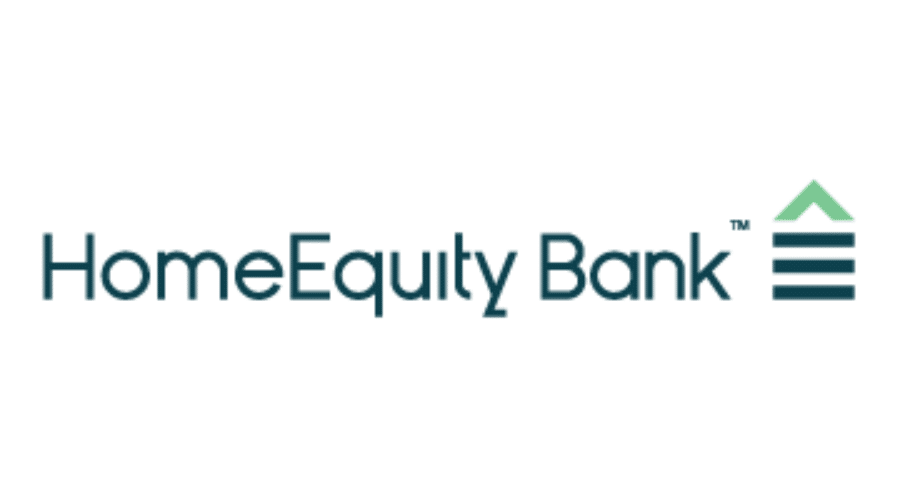
- Areas Served: National
- Maximum LTV: Depends on age
- Fees: None
HomeEquity Bank is Canada’s leading bank offering specialized equity lending solutions for retirement living needs nationwide. It is a top reverse mortgage lender with their popular CHIP Reverse Mortgage product, enabling Canadians over 55 to harness home equity.
| Pros | Cons |
|---|---|
| Innovative product offerings not provided by traditional lenders No required monthly payments for reverse mortgages | Higher interest rates than mainstream banks Demographic restrictions on reverse mortgages |
RiverRock MIC
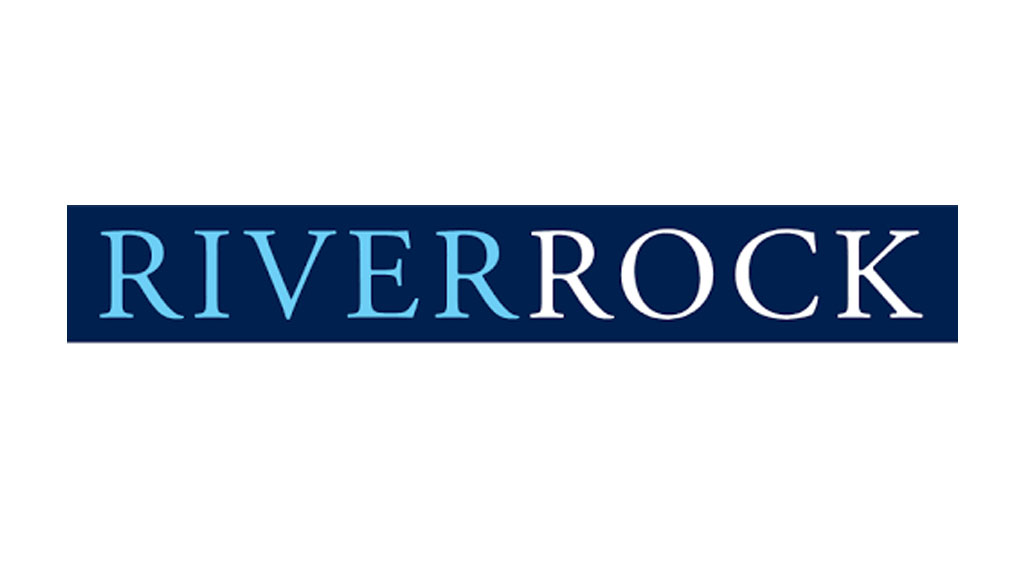
- Areas Served: National
- Maximum LTV: 75%
- Fees: None
RiverRock MIC manages over $300 million in private mortgage investments across Canada. They provide first and second mortgages, bridge financing, construction loans, and commercial real estate lending options.
Bringing institutional expertise and oversight to alternative mortgages, RiverRock MIC connects investors to opportunities, stabilizing returns.
| Pros | Cons |
|---|---|
| Broad range of private lending solutions Depth of real estate financing expertise | Conservative lending strategies may restrict maximum leverage Standard MIC rates apply |
ThreePoint Capital
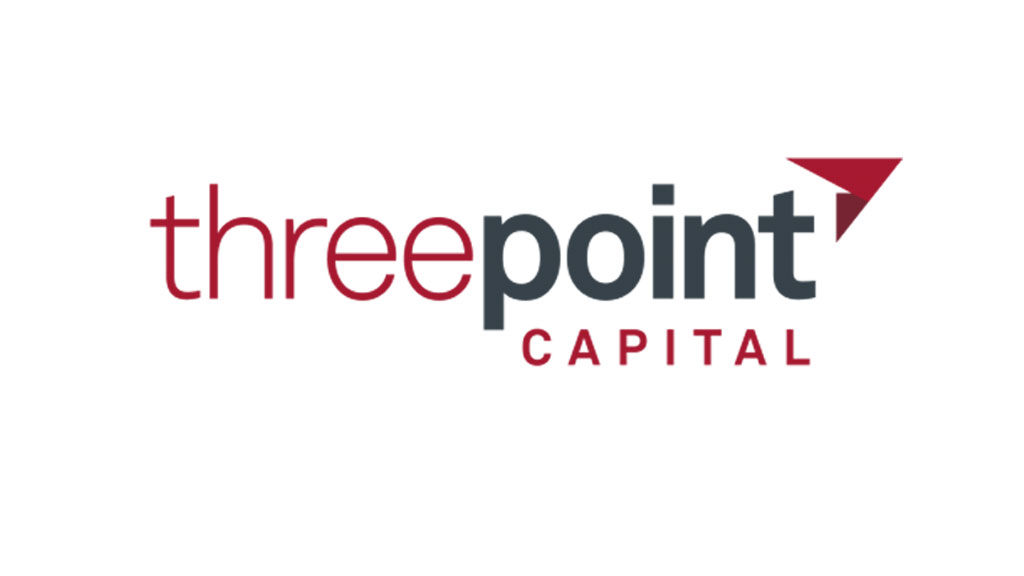
- Areas Served: National Scale
- Maximum LTV: 75%
- Fees: 1-2% of the loan amount
ThreePoint Capital offers private mortgages, bridge loans, and commercial financing to serve unique needs nationwide.
| Pros | Cons |
|---|---|
| Exceptionally fast underwriting and funding processes Highly customizable lending terms catered to unique situations Commercial lending expertise | Above average interest rates for highly complex deals, focus on shorter duration loans |
ThreePoint Capital streamlines private mortgages through industry expertise, transparency, and strategic partnerships across Canada.
Strive Mortgage
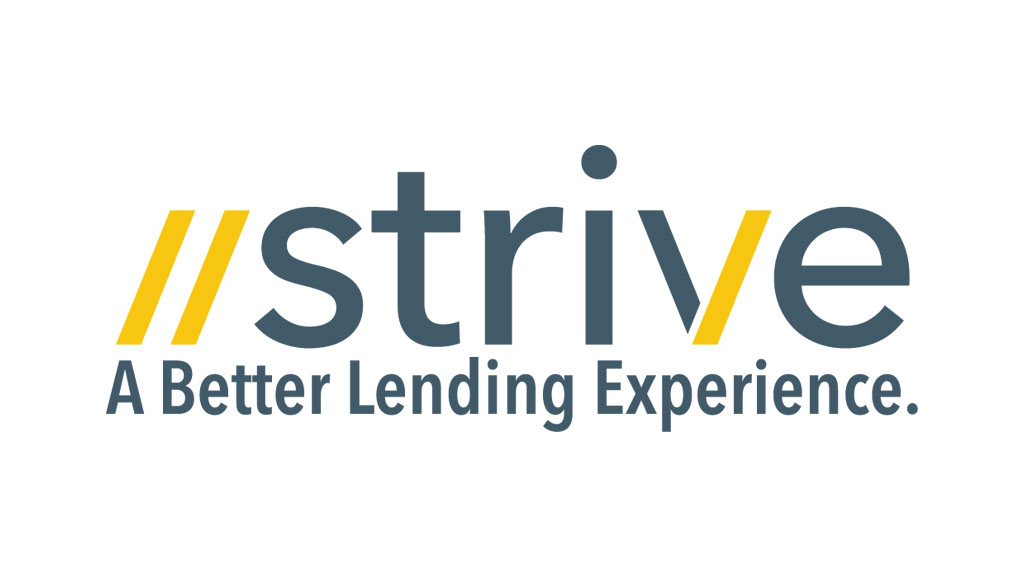
- Areas Served: Ontario
- Maximum LTV: 80%
- Fees: 1%
Strive Mortgage, a boutique firm, provides private mortgages in Ontario with rates generally below national averages. Strive focuses on responsiveness and customized loans for each client’s circumstances.
| Pros | Cons |
|---|---|
| Competitive rates enabled by AI-based risk assessment Seamless online application process, rapid access to financing | Potentially more stringent qualification criteria than traditional private mortgage lenders |
Strive builds lasting relationships by taking time to understand needs beyond a credit score. Their private mortgages offer reasonable rates and flexible terms.
Aveo Financial
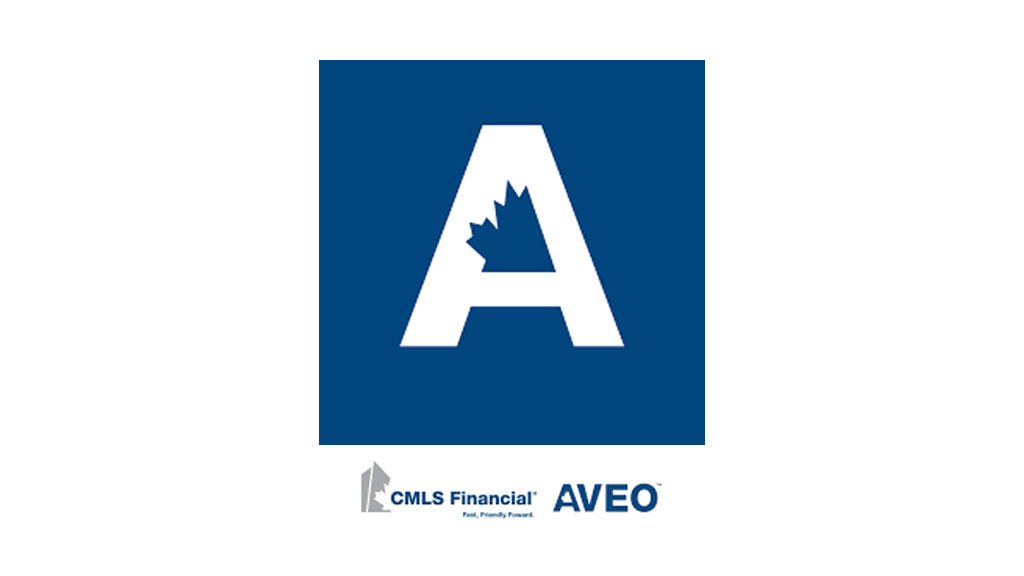
- Areas Served: All provinces
- Maximum LTV: 80%
- Fees: 1% of the loan amount
A subsidiary of CMLS Financial, Aveo offers private mortgages nationwide with interest rates trending above the national average. They feature customized lending solutions for unique borrowing needs and situations.
| Pros | Cons |
|---|---|
| Respected reputation within Canada’s mortgage broker industry Range of available lending options | Interest rates exceed the national private lending average Possibility of third-party fees |
With personalized service and knowledgeable advisors, Aveo Financial creates positive borrowing experiences even when banks say no.
Capital Direct Lending Corp.
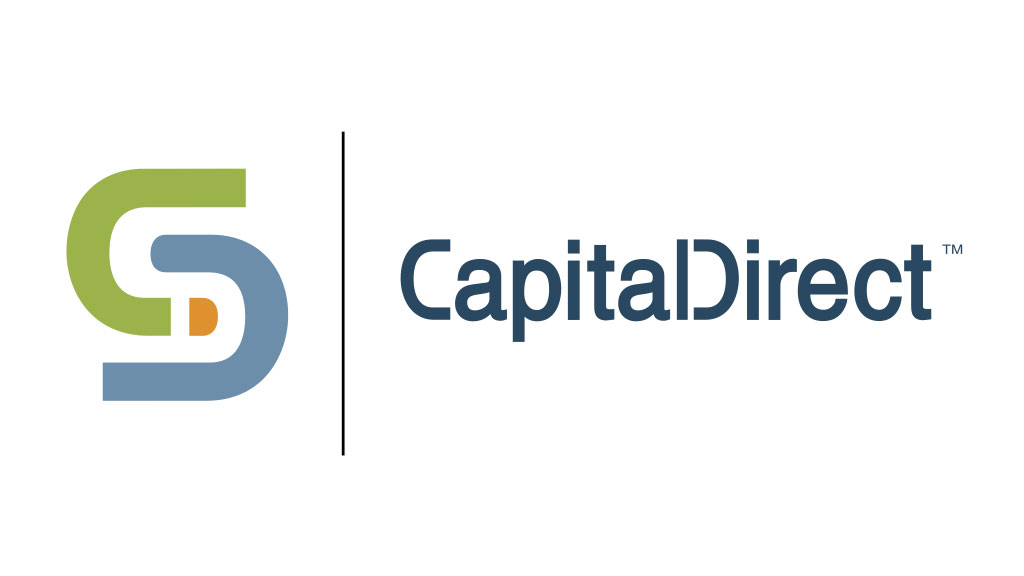
- Areas Served: National
- Maximum LTV: 75%
- Fees: None
As one of Canada’s largest private lenders, Capital Direct furnishes customized solutions matching investor funds with unique borrowing needs. Capital Direct’s private mortgages expand financial access through experienced underwriting and strategic partnerships across Canada’s mortgage ecosystem.
New Haven Mortgage Corporation
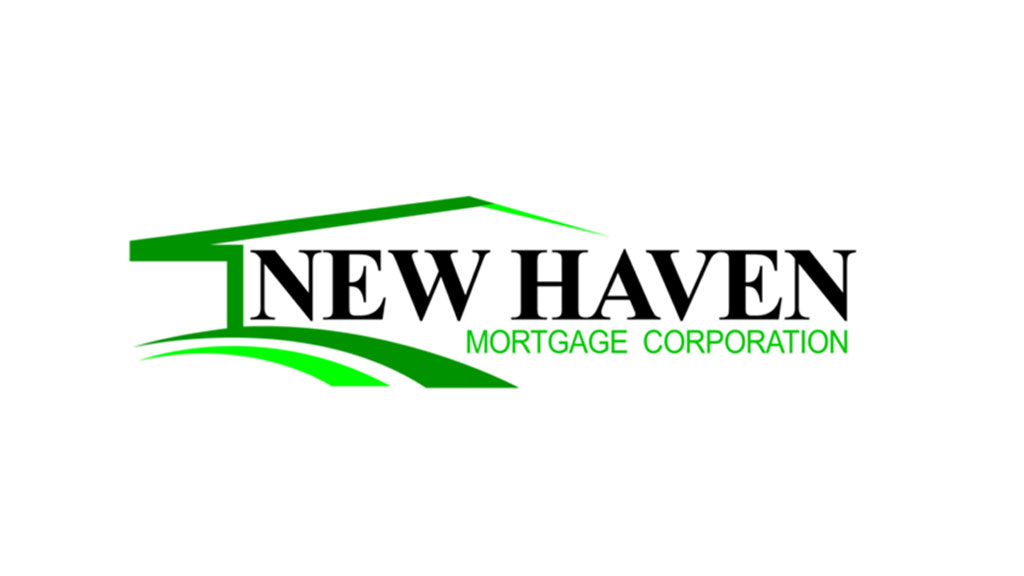
- Areas Served: National Coverage
- Rates: 9-13%
- Maximum LTV: 80%
- Fees: 2% of loan value
New Haven Mortgage Corporation supplies bridge mortgages and private second mortgages to meet unique borrowing needs across Canada. Their focus is on customized short-term financing.
New Haven Mortgage Corporation helps clients access liquidity through experience, integrity, and strategic private mortgage solutions.
Other private lenders by province
Below is the list of other well-known private mortgage lenders in Canada:
| Lender | Location |
|---|---|
| Nuborrow | ON, BC |
| Prudent Financial | ON |
| Canada Lend | ON |
| Trillium Mortgage | ON |
| Dhugga Mortgages | ON |
| Vault Mortgage Corp. | ON |
| Calvert Home Mortgage | AB |
| Private Lender Inc. | AB |
| Graysbrook Capital | NS |
| Craigburn Capital | NS |
| Sun Mortgage Corporation | MB, SK |
| Threshold Mortgage Corporation | MB |
| Craigburn Capital | MB |
| Victoria Financial | QC |
| Capital Express | QC |
| Guardian Financing | QC |
Benefits of private mortgage lenders
While pricier than banks, private lending situations provide consumers with 7 advantages:
Funding accessibility: When those unable to qualify elsewhere require timely financing, private mortgages deliver flexible approvals based more on equity than strict scoring formulas.
Responsiveness: With expedited processes, private lenders suit pressing financial needs requiring quick execution that mainstream mortgages cannot accommodate.
Financial lifelines: By tapping home equity despite credit damage, private mortgages furnish critical lifelines that help households avoid outcomes like foreclosure or bankruptcy.
Consumer choice: Where regulated mainstream lenders apply one-size-fits-all criteria, private mortgages widen market choice for specialized situations beyond institutional boundaries.
Credit building: As borrowers demonstrate on-time private mortgage payments, improved credit scores allow potential refinancing to cheaper A/B lending rates for longer terms.
Wealth optimization: Short-term lending allows borrowers to access expensive home equity at reasonable costs for opportunities like:
- Debt consolidation at lower rates
- Home renovations raising selling prices
- Bridge financing while selling/buying houses
Financial inclusion: From niche property types to unique income situations, private mortgages promote equitable access to historically underserved consumer groups inside a largely homogenous financial services industry.
Risks of private mortgages
Private lending also comes with considerable personal finance hazards, including:
Higher borrowing costs: With elevated rates and stacked fees, private mortgages prove more costly than regulated bank products over similar terms, after factoring in all expenses.
Refinancing uncertainty: If borrowers fail to improve their credit or finances before maturity adequately, private mortgage lenders may refuse renewal, forcing distressed sales if balances cannot be repaid.
Foreclosure risks: Missed payments prompt private lenders to exercise power of sale rights faster than mainstream banks, resulting in higher consumer property forfeiture rates.
Predatory lending: Unlike stringently regulated banks, unregulated private lending is prone to a greater prevalence of unfair practices, including fee stacking, equity stripping, and aggressive collections.
Interest rate spikes: Open-ended variable rate structures allow some private lenders to aggressively hike interest costs on existing loans absent concrete ceilings or consumer protections.
Uninsured loans: Unlike mortgage default insurance required on high-ratio bank loans, private mortgages often remain uninsured, transferring default risks fully onto homeowners.
Private vs A Lenders vs B Lenders: Key Differences
Canada’s mortgage ecosystem contains three main tiers – A Lenders, B Lenders, and private lenders:
A Lenders
They are mainstream banks, credit unions, and financial institutions with strict qualifying criteria, including:
- Mandatory stress tests
- Credit score minimums (~680+)
- Income verification requirements
- Debt ratio limits (GDS/TDS)
They are alternative quasi-regulated lenders with more flexible requirements than A Lenders, such as:
- No stress test
- Lower credit score minimums (~600+)
- Alternative income-friendly
- Higher debt ratio allowance
Private Lenders
The most lenient criteria and specialized products like:
- Interest-only payments
- No minimum credit score
- Up to 95% loan-to-value (LTV) ratios
- Niche property financing
While easy to qualify for, private mortgages typically carry higher rates and costs than those offered by A or B lenders.
| Mortgage type | Interest rates | Qualifying criteria | Consumer protection |
|---|---|---|---|
| A Lenders | 4-5.5% | Strict | High |
| B Lenders | 5-7% | Moderate | Medium |
| Private Lenders | 6.5-15%+ | Flexible | Low |
When should you consider a private lender?
As you understand the pros and cons of private mortgages, you can now decide when a private lender makes sense for you. While costlier, private lending fills critical gaps when traditional bank financing falls short in the following circumstances:
Quick closing requirements
Private lenders promote expedited approvals and funding, making them a lifeline for closing deadlines jeopardized by mainstream delays.
Avoiding foreclosure or power of sale
Short-term financing helps avert forced sales due to missed payments. However, sustainable long-term plans must follow once stopgaps are secured, preventing the dispossession of assets.
Recent bankruptcy or consumer proposals
Mainstream lenders balk at recent insolvencies. However, private mortgages beginning 12 months after discharge provide access until reestablishing bank qualifications.
High debt service ratios
When current obligations limit the assumption of additional debt, private mortgages supplement shortfalls through higher allowable ratios, especially if assets are available to secure the loans.
Real estate investment financing
Speed and flexibility around deal structures offer investors and developers access to capital, enabling time-sensitive acquisitions and rehabs amidst an opportunistic landscape.
Construction and renovation loans
Rapid financing commitments unlock project potential, which institutional structural rigidities sometimes impede or delay.
Maximum private mortgage loan amounts
While private lenders permit greater access to home equity than banks, most limit maximum borrowing to controlled risk levels:
- Typical loan-to-value ratios: Industry data shows most private mortgages fall between 50% to 85% LTV ratio. This compares to 80% thresholds from mainstream lenders before requiring expensive mortgage default insurance.
- Debt service flexibility: Some private lenders allow debt service ratios up to 65% of gross household income, compared to strict 44% limits imposed by regulated institutions. This provides greater purchasing power flexibility.
- Niche property potential: Unconventional real estate like rural acreages, multi-families, constrained titles, or homes requiring extensive repairs qualify for higher ratios with select private lenders.
Maximum mortgage amounts remain contingent on factors like property desirability, loan security, and perceived default likelihood. Borrowers always face full foreclosure liabilities for unpaid private loan balances.
How to apply for a private mortgage
Applications require presenting:
- A completed mortgage application form
- Credit reports from both Equifax and TransUnion
- Income evidence via tax returns, pay stubs, profit and loss statements, etc.
- Down payment source documents illustrating savings origins
- Bank statements proving regular income streams and cash flow
- Signed sales purchase agreement if using funds to buy real estate
- Current property valuation through appraisal, if refinancing home equity
Most private lenders rely on licensed brokers to source deals, advise clients, collect documentation, negotiate rates/terms, and handle approvals. Reputable brokers add credibility and efficiency to the lending process.
Typical private mortgage approvals require between 2 days and 2 weeks following submission of complete applications, including all necessary income, identification, property, and disclosure paperwork.
Our tips for choosing the right private mortgage lender
Researching appropriate private lending partners suitable for specific situations proves critical to positive outcomes. Key considerations include:
Industry experience: Seasoned private lenders and brokers possessing specialized institutional familiarity better customize solutions to individual needs.
Total cost analysis: Compare all-in expenses from interest, fees, and administration between multiple lender proposals instead of headline rates alone.
Exit strategy guidance: Opt for private lenders providing clear guidance around realistic renewal, refinancing, or repayment strategies as loans mature.
Property expertise: Seekers of niche home equity loans benefit through lenders boasting specialized underwriting experience across less common asset categories.
Relationship-based approaches: Prioritize private lenders, taking meticulous care to understand unique personal contexts over those applying generalized qualification formulas.
Licensed professionals: In unregulated markets, licensing conveys credibility. Verify brokers and lenders hold provincial licenses in good standing.
Doing due diligence by asking tough questions minimizes adverse selection challenges pervading opaque private lending circles catering to higher-risk borrowers.
FAQs about Private Lenders in Canada
How long does private mortgage approval take?
Most private lenders approve mortgages within 2-14 days of submitting complete applications. Speedier turnarounds than 60-90+ days faced at regulated banks.
Can I renew my private mortgage?
While possible if both borrower and lender agree, private mortgages assume a definite end term where balances get repaid. Banks pre-approve renewals barring major credit changes. Private lenders reassess entire applications at maturation prior to future extensions.
Are private mortgages regulated?
Private lenders operate free from formal oversight. No federal or provincial laws govern their lending activities in Canada currently. Only general common contract and consumer protection statutes
What happens if your private lender goes bankrupt?
Unlike mainstream banks, which are mandated to maintain asset reserves, preventing collapse, private lenders' bankruptcies risk seeing your debt sold at a discount to third-party collections agencies, who retain full legal authority to collect owed principal and interest.
Can private lenders help me borrow more than banks?
Yes, private lenders emphasize equity over arbitrary bank debt ratio limits for determining financing amounts, enabling higher leverage. They also entertain longer 40-year amortizations compared to the 25-year maximum through mainstream channels.
